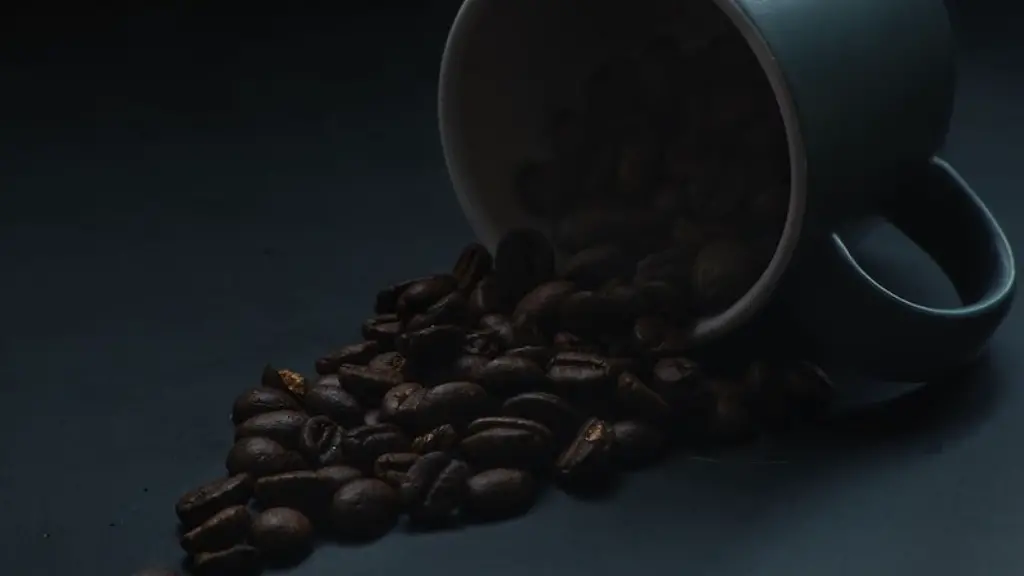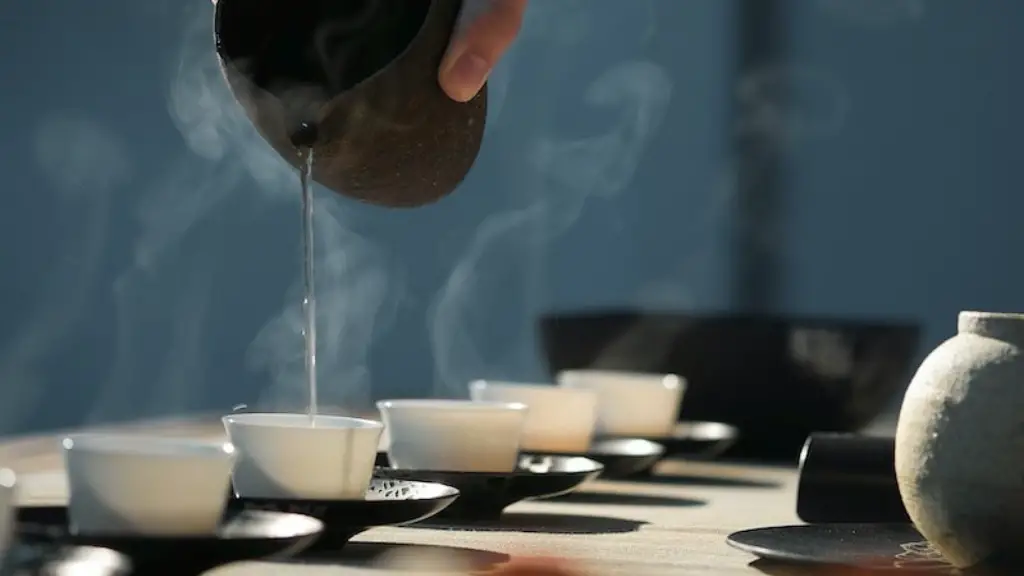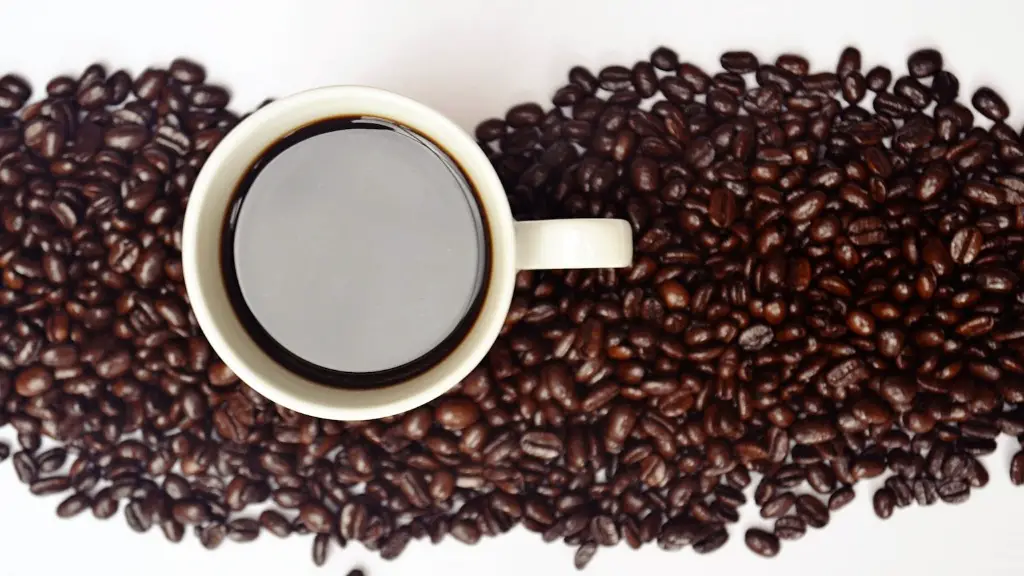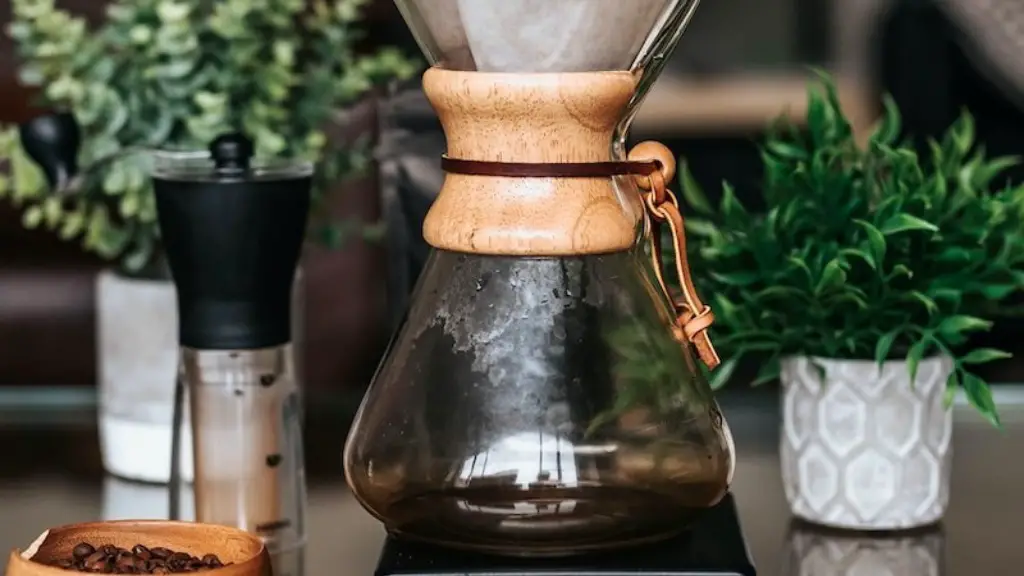Can I Drink Coffee When I Have Diarrhea?
It’s not uncommon for many people to reach for a hot or iced cup of Joe when feeling under the weather. Whether it’s a bad case of the common cold or a bout of the seasonal flu, it can be hard for anyone to pass up the delicious taste and energizing buzz of drinking coffee. But when it comes to having diarrhea, is it safe to indulge in the world’s favorite caffeinated beverage?
According to experts, drinking coffee while having diarrhea may not be the wisest choice. While many studies have yet to be done on the interactions of caffeine and diarrhea, it’s believed that caffeine is a diuretic, meaning it will draw water into the intestines as it is absorbed by the body. For those that are already suffering from diarrhea, the additional water will likely increase the symptom.
In addition to the risk of drinking coffee when having diarrhea, other caffeinated beverages may also be on the “do not drink” list as well. Many energy drinks are known for high levels of caffeine and other stimulants, which can have a similar effect as drinking coffee. Therefore, if it is necessary to quell the thirst, opting for water or other non-caffeinated drinks may be a safer option.
Not all foods are out of bounds when having diarrhea, however. It can be helpful to focus on eating foods that will help to bring the stomach back in balance. The BRAT Diet, an acronym that stands for Bananas, Rice, Applesauce and Toast, is known to help with treating diarrhea as they are easy on the digestive system. In addition to these four foods, experts suggest adding yogurt to the BRAT Diet list as yogurt contains beneficial probiotics that can help to restore a healthy balance to the gut. Other foods that are encouraged to eat when having diarrhea include boiled potatoes, cooked carrots, clear soups and cooked cereals.
Whether it’s vomiting or diarrhea, it is important to call a health care provider if symptoms last for more than two days or if blood is present, as these are signs of a serious illness. Therefore, being aware of what to consume when diarrhea strikes and taking the necessary steps to get the proper medical attention can help to clear up the symptoms in no time.
What are the Alternatives to Caffeinated Beverages?
When diarrhea rears its ugly head, caffeine-free herbal teas, plain soda and decaf coffee may be some of the best options to hydrate the body without worsening symptoms. For those that miss the aroma of coffee, decaf coffee may be a great way to satisfy that craving without the risk of dehydration. Tea can be another great alternative, with herbal varieties such as ginger, peppermint and chamomile being some of the best for soothing an upset stomach and reducing diarrhea-related symptoms.
For those that like a sweeter beverage, clear soda and sports drinks may be an acceptable drink to consume when having diarrhea. While these drinks still contain caffeine and carbonation, the levels are much lower than coffee, allowing them to typically help to hydrate the body rather than making symptoms worse.
As with caffeine-containing drinks, sports drinks, sodas and caffeinated teas should still be consumed in moderation to avoid aggravating symptoms. If dehydration is a concern, it is important to drink more water in addition to these other fluids.
What are the Long-term Effects of Consuming Caffeine with Diarrhea?
Excessive consumption of caffeine can lead to numerous side effects, including nervousness, insomnia, headaches and rapid heart rate. These symptoms can be amplified when consuming caffeinated beverages while having diarrhea. The additional water content in the digestive tract can potentially increase the rate of caffeine absorption, leading to a higher level of stimulation in a shorter period of time.
For those that have difficulty passing bowel movements due to constipation, caffeine can also make matters worse. Caffeine has a laxative effect on the body, meaning it will draw water into the intestines when it is absorbed by the cells. For those already struggling to pass stool, the additional water can increase the sensation of bloating and cramping as the body will take longer to pass the stool through the intestines.
When consuming caffeine and having diarrhea at the same time, it is important to listen to the body and respect the signs it is sending. If having a cup of coffee increases the urge to use the restroom, it is best to refrain from drinking more of it until the diarrhea subsides.
What Other Healthy Tips Can Help with Diarrhea?
Aside from abstaining from caffeinated beverages, there are a few other tips that may help treat a bout of diarrhea. When it comes to eating, foods that are high in fiber can take a while to pass through the digestive system, so it is important to opt for foods that are low in fiber and will pass quickly.
In addition to being mindful of what to eat, it is also important to stay away from consuming dairy products when having diarrhea. While it is tempting to swish away the symptoms with a cup of ice cream, dairy products can be hard to digest and can make symptoms worse.
Finally, it is a good idea to drink plenty of fluids to maintain the balance of water in the body, as excessive amounts of water can be lost when having diarrhea. Drinking electrolyte-rich beverages can help to replace lost electrolytes, which are important for muscle function, fluid balance and heart rate.
What Other Foods Should be Avoided When Having Diarrhea?
Some other food items that should be avoided when having diarrhea are fatty foods, such as cheeseburgers, french fries, and fried chicken. These foods can be hard to digest and can make symptoms worse, as the fat molecules in the food take a long time to break down in the digestive tract.
Similar to fatty foods, spicy items should also be avoided due to the presence of capsaicin, a compound that has been linked to an increase in bowel movements. This means that items such as spicy peppers and curry that are traditionally used in many dishes should be consumed with caution, if at all.
Finally, it is important to avoid large meals when having diarrhea. Eating in smaller amounts, such as consuming five or six small meals per day, can help to reduce digestive stress and encourage the body to heal itself.
What are the Benefits of Drinking Coffee After Diarrhea has Subsided?
For those that have refrained from consuming caffeine while having diarrhea, the taste of coffee may seem absolutely heavenly when the symptoms have abated. When it comes to enjoying a cup of Joe, moderation is key. A strong cup of coffee can provide a much-needed energy boost and can also be beneficial for digestion.
Not only is coffee packed with essential vitamins, minerals, and antioxidants, but it can also help to minimize the risk of various diseases and illnesses. Recent research has suggested that coffee can reduce the risk of developing conditions such as parkinson’s disease, cardiovascular disease, and type 2 diabetes.
In addition to its benefits, just the scent of coffee can be incredibly comforting to those that need a pick-me-up. Taking the time to enjoy a cup of coffee, while savoring its aroma and taste, can be an enjoyable way to start the day or to break up the afternoon.
What other Habits can Help with Diarrhea?
Apart from making changes to the diet and limiting caffeine intake, there are other habits that may help to treat and prevent diarrhea. Gentle exercise, such as walking or light stretching, can help to stimulate intestinal peristalsis, a series of muscular contractions that help propel food through the intestines. Regular physical activity can also help to regulate digestion and promote the growth of beneficial bacteria in the gut.
Probiotics, which are good bacteria that exist in the gut, may also be beneficial for reducing the occurrence of diarrhea. By consuming probiotic-rich foods such as yogurt, miso and tempeh, individuals can not only introduce beneficial bacteria into the gut, but can also help to reduce levels of inflammation and aid digestion.
Stress management is another factor to consider when it comes to treating and preventing diarrhea. Taking the time to do some deep breathing and relaxation practices each day can help to mitigate the stress response and stop the cycle of stress-related diarrhea. Incorporating mindfulness meditation, yoga or tai chi can also be beneficial for reducing stress levels and promoting a healthy immune system.





